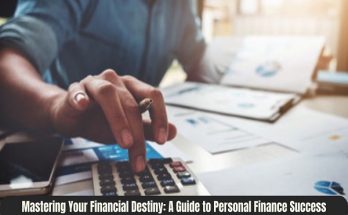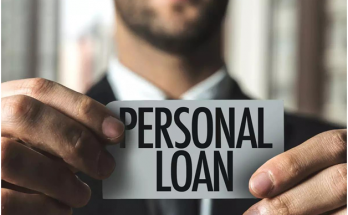Holiday seasons are over. All are back to work with a little hangover of the gala time they spent between the Christmas and the new year’s eve. Some of us, however, a tad bit worried because the outstanding amounts on our credit cards have exceeded our budget.

If you are one of them, and trying to recover from a credit card debt that you didn’t intend, here are some tips for you.
How to pay
Sit down and take a deep breath. Then look at the problem with a clear mind so you can fully understand it. The debt on your credit card is the problem. Let’s say the debt is $1000 and the interest rate is 15%. If you only pay the minimum each month, i.e. 2-3%, then you’d need almost eight years to pay down the debt.
On the other hand, if you shell out $80 a month, it’ll take slightly more than a year for you to pay down the entire debt, without throwing much to pay the interest. The second model seems to be the preference unless you have a stable source of income, which you could count on for next several years.
Sell the extras
Even though the second model in the previous para is preferable because it frees you from the debt bondage in a short time, you might back out thinking you can’t throw 80 bucks a month. Well, you could if you sell out the extra stuff at home, especially the junk items, which are of no value.
Make a list of all the extras. Start with the furniture. Don’t need the Davenport anymore? Sell it. Why keep the home entertainment center when you’ve moved to handheld games from PlayStation games? Don’t spare your junk car either. If it’s the time for it to go the scrap-yard, then call up a towing service. Get yourself some cash by selling the car, and use it to pay off the debt.
Stop overspending
Someone said it right; unless you get a hang of the psychology of money, you can’t save it. What many of us fail to understand is we need to stop overspending in order to pay off a debt due to overspreading. No matter how strange it sounds, it’s the truth.
Let me explain; suppose you have $1000 debt on your credit card because you spent more than you aimed. You might pay off the debt if you could arrange money, but if the habit of overspreading stays with you, incurring other debt won’t take much time. But if you bring a change in your lifestyle and stop spending extra, paying the debt would be a lot easier.
This inevitably leads to
Updating your budget
Saving should be in your mind when you do that. The beginning of a year is the perfect time to update a previous budget. Bear in mind the purpose of updating the budget is to clear the outstanding debt. Give a look down at the previous month’s worksheet, and the grocery list. Identify the fat and shed it. Promise yourself that you won’t go the restaurant and won’t buy any new jewelry until you pay your debt. Be strict and I guarantee the burden of debt would be lifted from your shoulders in six months down the line.
Gender gap
The gap is real when it comes to spending. Surveys reveal that women are more prone to impulse buying than men. They also have a hard time putting a leash on spending compared to men. Alison Konrad, an expert in organizational behavior said “Women are much more likely to spend money freely on other people than on themselves.” If you are a woman, be prudent when spending. If you have a wife or a girlfriend, tell her not to spend much.
Look for Opportunities
One such opportunity are the bonuses from your employer to enjoy the holiday season. Another is the tax returns. You can use the money from such sources to pay the debt, if not the entire amount, then, at least, a portion of it.
Time to buy
There’s a time for everything. You may want to gift your child a toy car occupying the shelf of a lush kid’s store. Don’t if it’s expensive and you are yet to pay off the debt. Assure him (and yourself too) that you’ll gift it to him after paying down the debt. There’s no better way to instill the right education in him than to walk the talk.
Peter Christopher is a personal finance blogger and author. His passion for helping people to make solid financial decisions motivated him to start his own personal finance blog, where he writes about money management tips and frugality.



